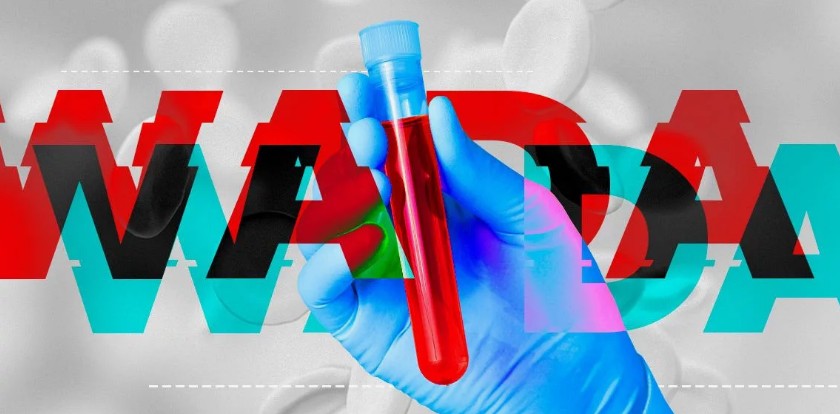Core Functions of the World Anti-Doping Agency
927 views, 14.06.2024
The World Anti-Doping Agency (WADA) is an international independent organisation established to combat doping in sport. It was founded in 1999 at the initiative of the International Olympic Committee (IOC). The main functions of WADA include the following.
1. Developing and maintaining the World Anti-Doping Code
– World Anti-Doping Code. WADA develops and maintains the World Anti-Doping Code, which is a fundamental document in the fight against doping in sport. The Code establishes rules and standards for anti-doping activities that are binding on all national and international sports organisations.
2. Education and awareness
– Education Programmes. WADA develops and implements education and awareness programmes for athletes, coaches and other stakeholders. These programmes are designed to raise awareness of the harms of doping and promote fair sport.
– Resources and Materials. The Agency provides a variety of educational resources, including classroom materials, information booklets and online courses.
3. Scientific research
– Doping Research. WADA funds and supports scientific research to develop new methods of detecting banned substances and doping techniques.
– Test development. The Agency works to develop new and improve existing tests to detect prohibited substances and methods.
4. Monitoring and Testing
– Anti-Doping Tests. WADA develops standards and procedures for anti-doping tests. This includes both out-of-competition and in-competition tests.
– Laboratory accreditation. The Agency accredits laboratories around the world that meet strict standards for anti-doping analyses.
5. Development of the Prohibited Substances List
– List of Prohibited Substances. WADA annually updates and publishes the Prohibited Substances and Prohibited Methods List, which defines which substances and methods are prohibited in sport, both In-Competition and Out-of-Competition.
6. Monitoring and Compliance
– Code Compliance Monitoring. The Agency monitors compliance with the World Anti-Doping Code by national and international sports organisations. This includes conducting audits and inspections.
– Sanctions. In the event of a violation of the code, WADA has the authority to recommend sanctions, including the suspension of athletes, coaches and sports organisations from competition.
7. International Co-operation
– Cooperation with organisations. WADA collaborates with governments, sports federations, National Anti-Doping Organisations and other stakeholders to coordinate global anti-doping activities.
– Policy Development. The Agency works with international organisations, such as UNESCO, to develop and promote anti-doping policy at the global level.
8. Dispute Resolution
– Sports Arbitration. WADA is involved in resolving disputes and appeals related to anti-doping rule violations before the Court of Arbitration for Sport (CAS).
Conclusion
WADA plays a key role in supporting fair and equitable sport by developing standards, testing, educating athletes and working with international organisations. It works to prevent doping, identify offenders and ensure a level playing field for all competitors.





